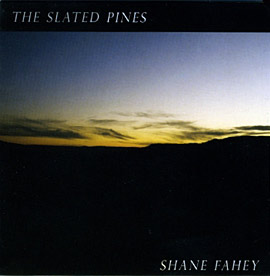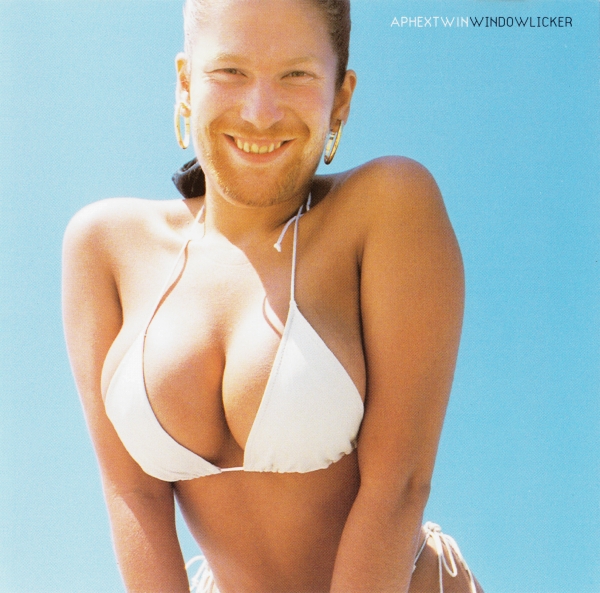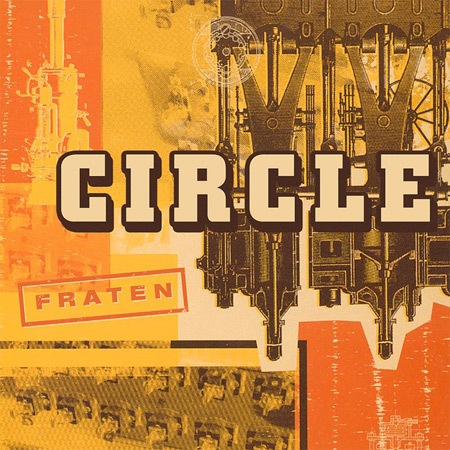Label: Sub Up Format: CD
 Well I am supposed to listen to this CD and be amazed at what technology can bring to life in the antiquated traditional sounds of Cuban music today. While the production techniques of Holger Hiller are undoubtedly very masterful, what impresses me most is that they do nothing to water down the sumptuous vocals that obviously take their strengths from a long-earned heridity of impassioned Latino singing. All the sampling and processing does nothing to quieten those lush voices; in fact, it simply becomes part of the music and blends nicely with the superior big brass horn sounds that are the dressings underneath. It seems the purpose is to show a more contemporary side of Cuban music, perhaps where it is today, and to this end the album is subtitled The Next Generation of Afro Cuban Pop. Without benefit of being able to translate the Cubano Spanish, its hard to tell if the lyrics reflect this. Blind listening gives me richly-coloured pictures of pure happiness inspired hip swaying and street sounds from a people less concerned with the modern world than perhaps some would have them be; but then Azúcar Letal translates literally as Deadly Sugar, so there are hints there of things under the surface of Cuba today that are not so sunny too.
Well I am supposed to listen to this CD and be amazed at what technology can bring to life in the antiquated traditional sounds of Cuban music today. While the production techniques of Holger Hiller are undoubtedly very masterful, what impresses me most is that they do nothing to water down the sumptuous vocals that obviously take their strengths from a long-earned heridity of impassioned Latino singing. All the sampling and processing does nothing to quieten those lush voices; in fact, it simply becomes part of the music and blends nicely with the superior big brass horn sounds that are the dressings underneath. It seems the purpose is to show a more contemporary side of Cuban music, perhaps where it is today, and to this end the album is subtitled The Next Generation of Afro Cuban Pop. Without benefit of being able to translate the Cubano Spanish, its hard to tell if the lyrics reflect this. Blind listening gives me richly-coloured pictures of pure happiness inspired hip swaying and street sounds from a people less concerned with the modern world than perhaps some would have them be; but then Azúcar Letal translates literally as Deadly Sugar, so there are hints there of things under the surface of Cuba today that are not so sunny too.
Mr. Hiller’s contributions are not in vain to be sure. It is more a compliment to his versatility really that his modern injections are so laced in as to not be noticed sometimes. And with such strong voices as those of Ms. Diaz, Alfonso, and Cardenas, it is only suited that any accompaniment takes its place firmly in a dim lit background. There are the extremes, for example “Mirame Bien” is so ageless in its Latin romanticism that there is some danger for the faint of heart of absolute swoon. Then we have “Lalle Lalle” which does showcase more of the electronics and the vocals take a side seat at least to reveal an almost Stateside kind of youth Rap you would think of hearing more in Miami than in Havana. All in all, everyone is represented in the most flattering proportions possible and what comes out is a disc full of music that can be held to no particular age or time or space.
It is also to Mr. Hiller’s credit that he has recognized and not exploited the much sought-after Cubano sound. One can only hope that as time goes on and the trend of the Cuban experience wanes, others will take his example. There is value in that tiny nation far beyond the marketing profits to be drawn out by those such as Barcardi and others who would turn yellow rice into exotic “paellas”. Having been so isolated and ignored for so long, it is not suprising that their voices are now so full. Holger Hiller’s gentle approach to helping give a platform to Azúcar Letal is a gracious one to say the least.
-Lilly Novak-



